Opinion: Netflix’s ‘Avatar: The Last Airbender’ Finds Itself In A Lose-Lose Situation When It Comes To Sokka’s Hilarious Sexist Humor
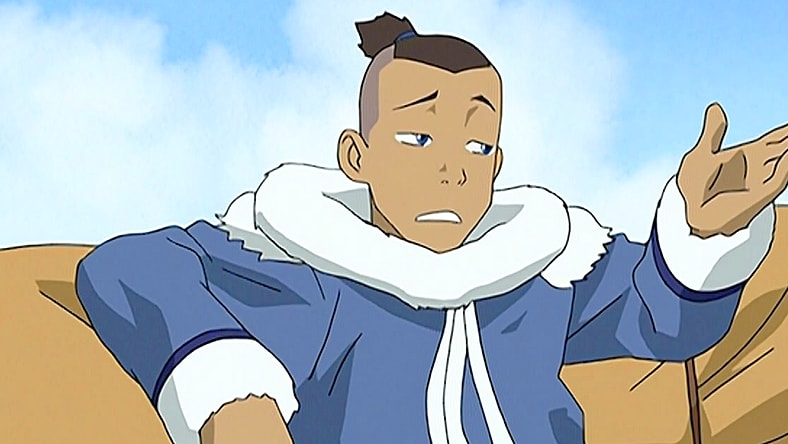
Avatar: The Last Airbender is making a big return to TV next month with Netflix’s live-action series, but be warned: there will be changes.
In addition to a few tweaks to the story’s timeline and bringing to life events such as the massacre of the Airbenders, the character of Sokka (played by Ian Ousley in the new series) will be having his comedic sexism turned down a few notches.

In an interview with Entertainment Weekly, Kiawentiio (Katara) and Ian Ousley spoke to the changes being made.
Speaking to the changes during an interview with Entertainment Weekly, Ousley noted that the live-action show is aiming for a more realistic tone (pour one out for the The Ember Island Players) and opined that “There’s more weight with realism in every way.”
Adding on to her co-star’s point, Katara actress Kiawentiio then revealed, “I feel like we also took out the element of how sexist [Sokka] was. I feel like there were a lot of moments in the original show that were iffy.”
“Iffy” is admittedly a better choice of word than ‘problematic’, but it does little to obfuscate the fact that this situation really is a lose-lose for the Netflix series.
Sokka’s love of delivering schoolyard put-downs of girls is a comedic staple of the animated series, most notably in the show’s first season when Sokka and Katara are leaving the safety of the Southern Water Tribe for their adventure with Aang.
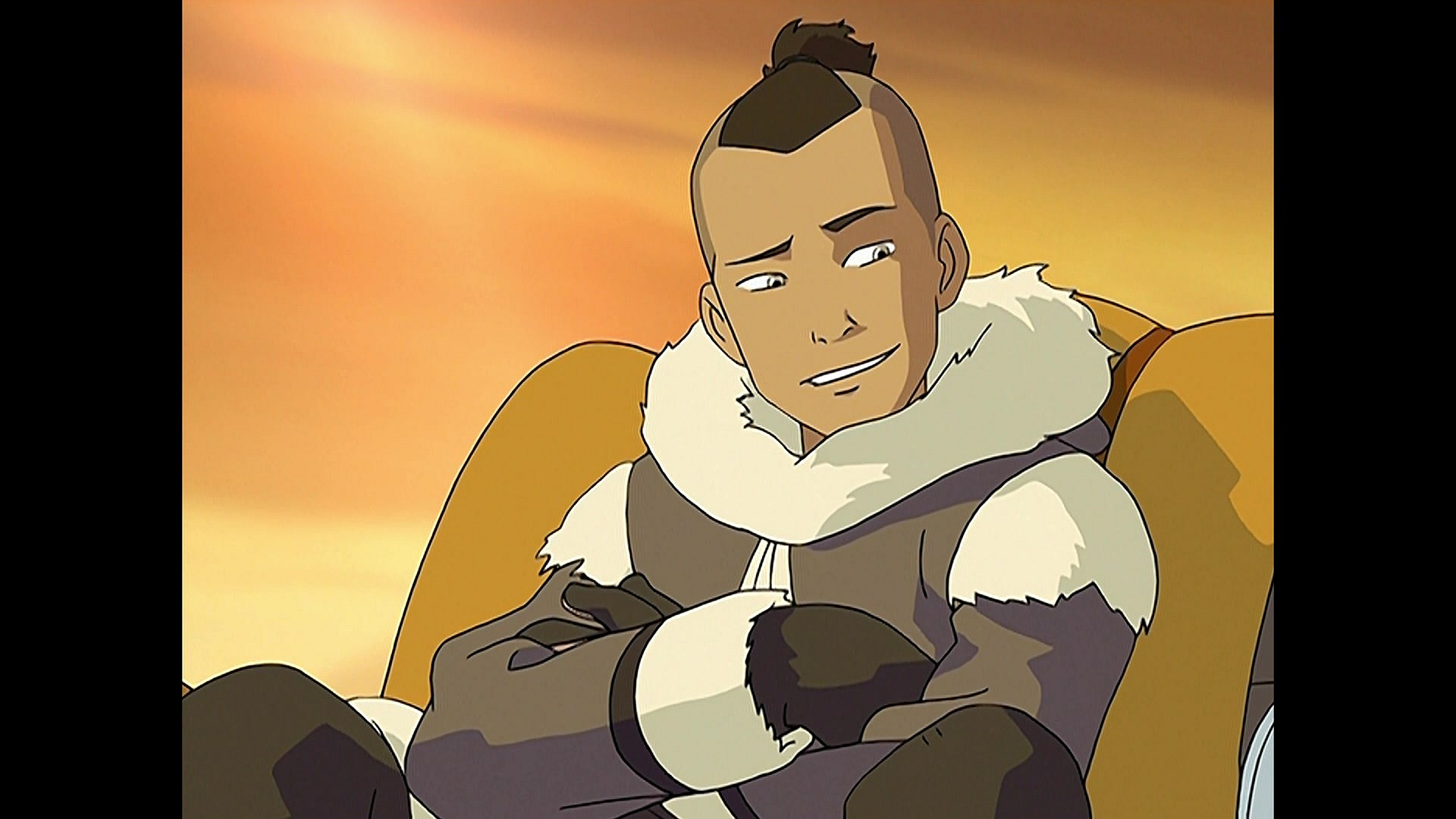
Here are some Sokka laugh-line classics:
“Leave it to a girl to screw things up.”
“Stop bugging her airhead, you need to give girls space when they do their sewing. Girls are better are fixing pants than guys and guys are better and hunting and fighting and stuff like that. It’s just the natural order of things.”
“Where are the men who ambushed us? There’s no way a bunch of girls [The Kyoshi Warriors] took us down.“
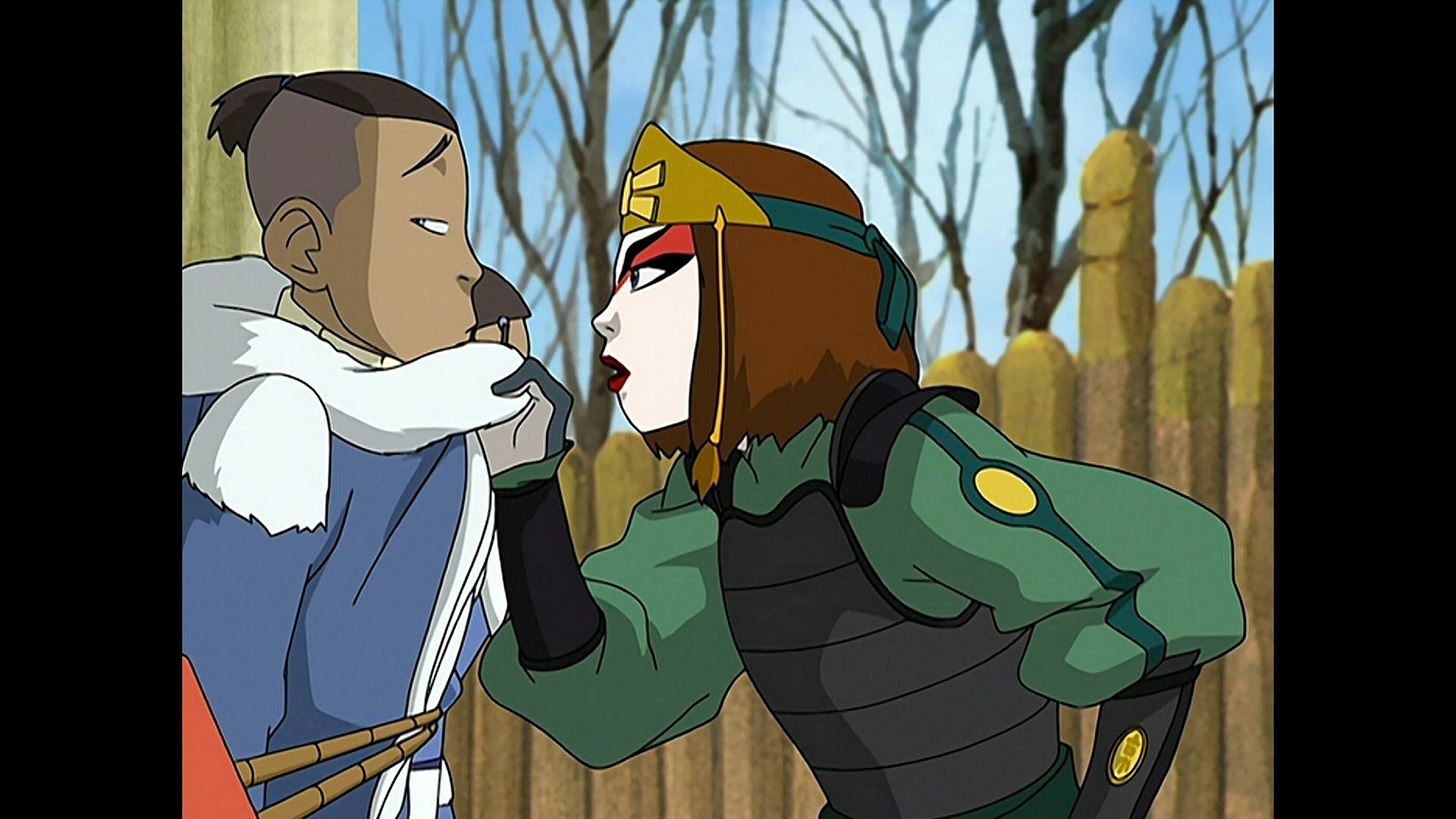
However, the thing about Sokka is that he’s supposed to be an absolutely loveable dunce.
Fans love how he constantly spouts nonsense, can’t get enough meat in his diet, and makes up for his lack of fighting skills with bounding confidence.
Oh, and they also love his pigheaded sexism.
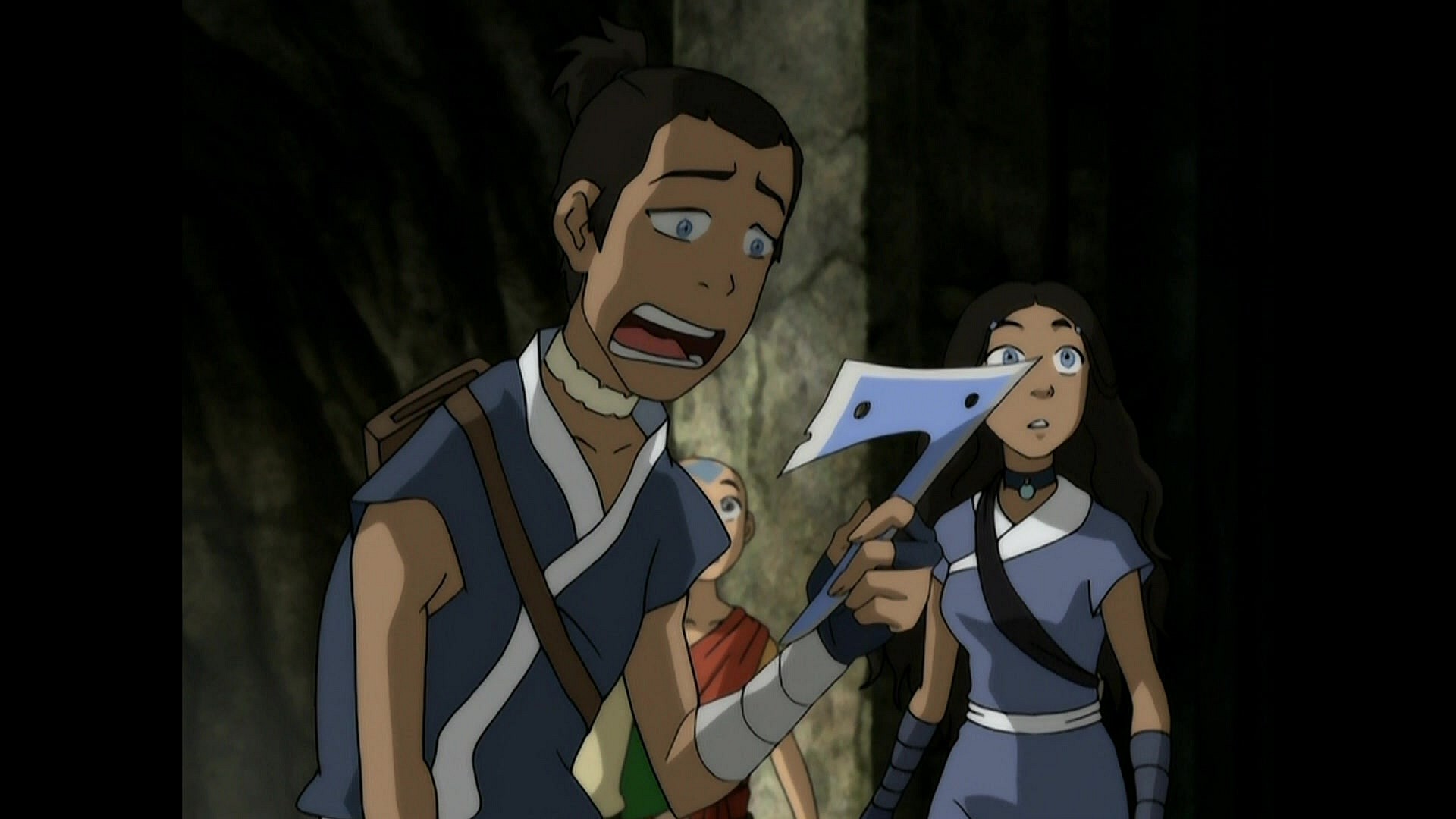
Young boys who watch the animated series will be taken by his humorous observations of the opposite sex while girls will get a kick out of watching him constantly eat his words courtesy of his female allies.
However, rather than promote the message that ‘sexism is good’, the original Avatar: The Last Airbender used Sokka’s bone-headed opinions as a jumping off point for his own growth.

This leads me to my main thesis: The animated series’ sexist humor would not translate well into this medium.
At current, audiences have had quite enough of leading men being cast in the close-minded oppressor role. It’s also had enough of the flawless female leads who don’t need help from anyone, don’t have any room to grow, and possess such little vulnerability that their romantic subplots seem just outright unbelievable.
And while a juvenile cartoon boy with noodle arms making wisecracks about girls belonging in the kitchen comes across as inherently silly and humorous, the lines would land much differently – and elicit much more serious responses – when delivered by Ousley in a ‘realistic’ setting.
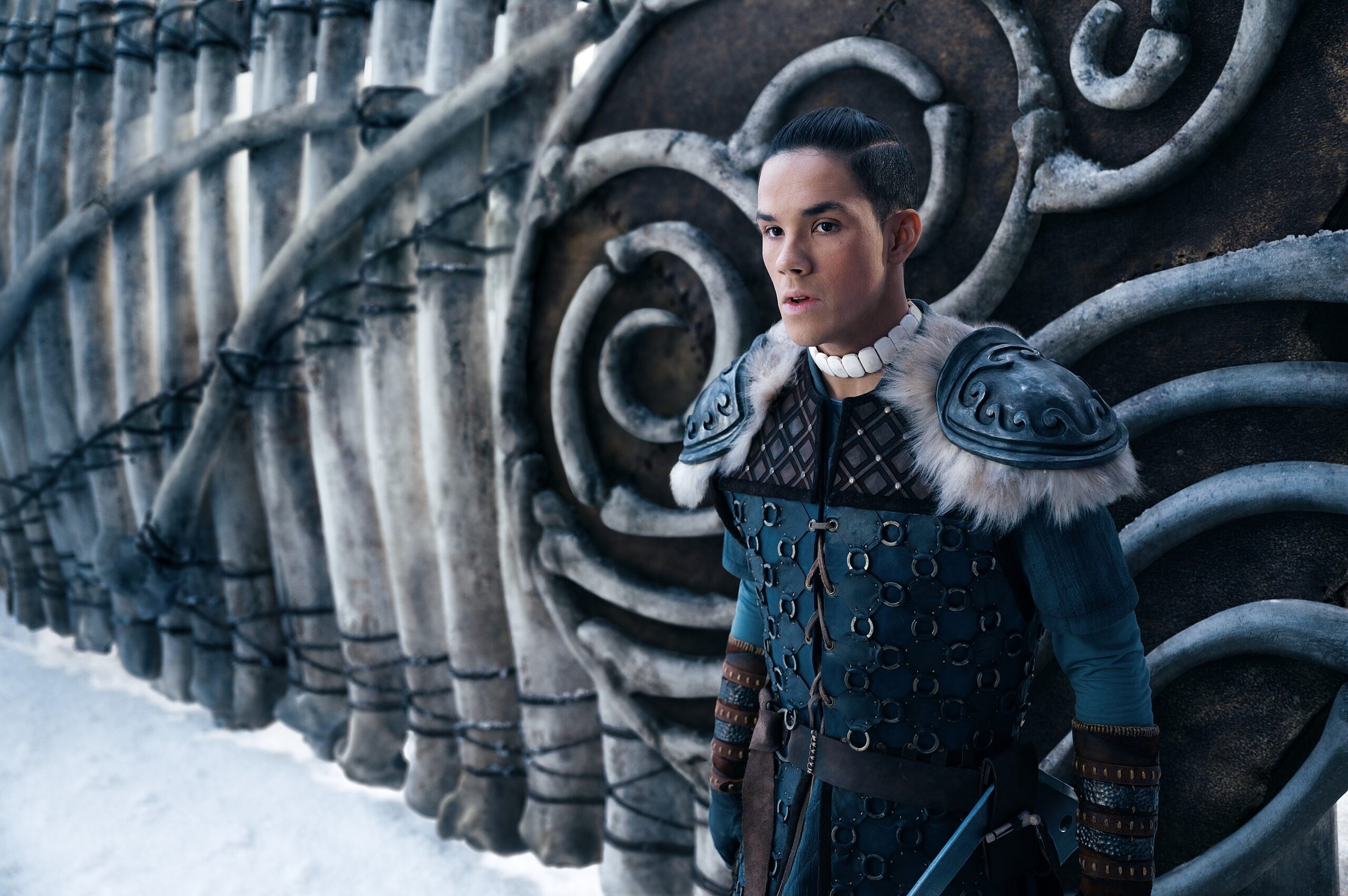
Yes, changing Sokka’s sexist character trait because it’s ‘iffy’ smells a lot like snowflakism.
But at the same time, do men and boys really wanted to be subjected to a live-action remake where Ousley’s Sokka is an obtuse sexist who slings 5th Grade level insults at the ‘icky girls’ and who has to be set right by the more competent and virtuous female characters at every turn?
Doubtful.

Ultimately, while it being made an aspect of his character helps reinforce his youthful immaturity, Sokka’s sexism is not what his actual arc is about.
Rather, it’s about learning how to be a man and a leader for his community – and this is a lesson that can be communicated in a number of ways that don’t run the risk of running up against Hollywood’s typical ‘girlboss’ trappings.
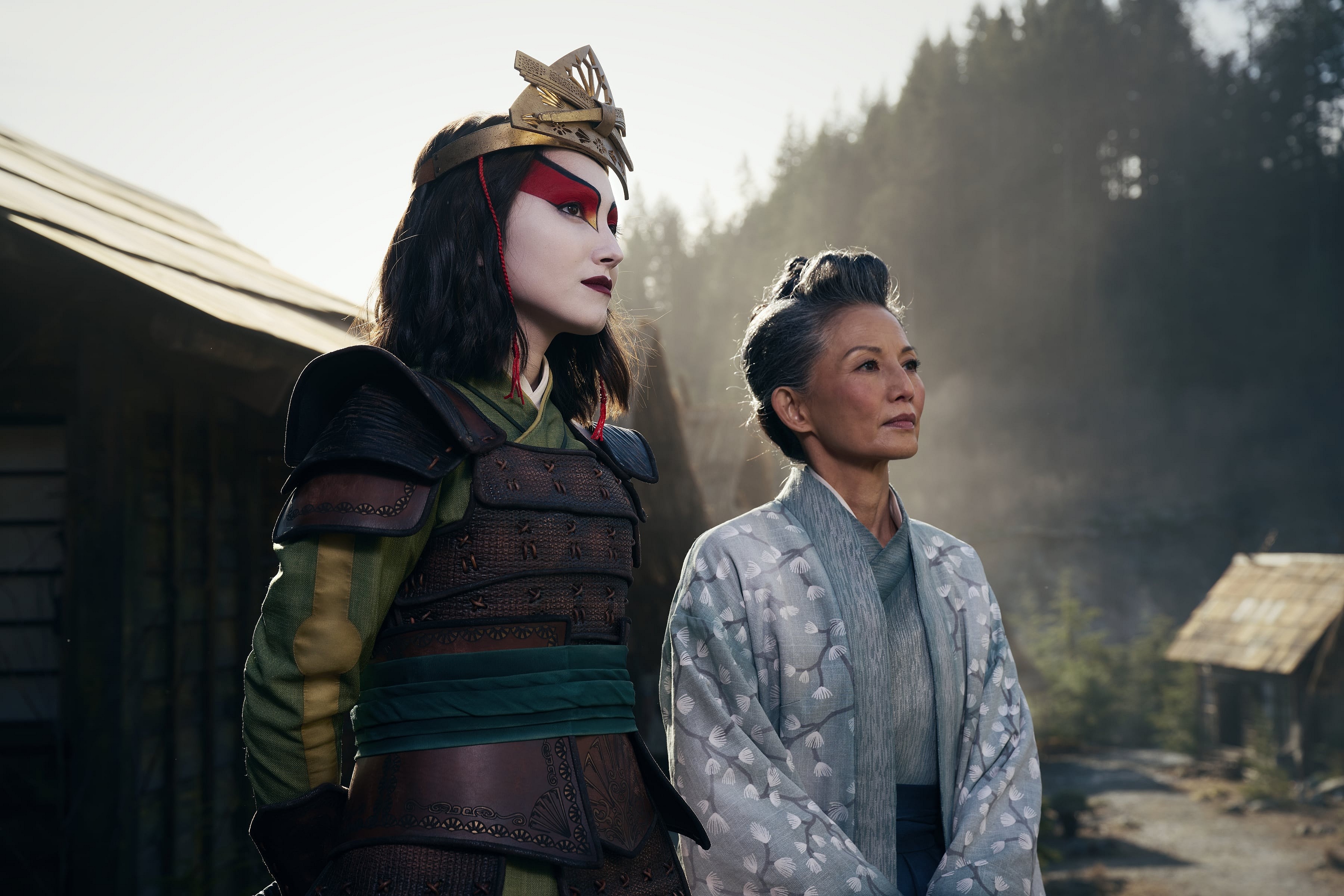
However, something from Avatar’s “battle of the sexes” that is worth keeping for the Netflix series, concerns Suki, Sokka’s love interest from the Kyoshi Warriors.
Much of Sokka’s retrograde opinions about women come to a halt when he falls in love with Suki, a member of a warrior order tasked with protecting Kyoshi Island.
It’s all very typical feminist messaging: Sokka acts like a pig, Suki shows him up, and Sokka grows up a little.
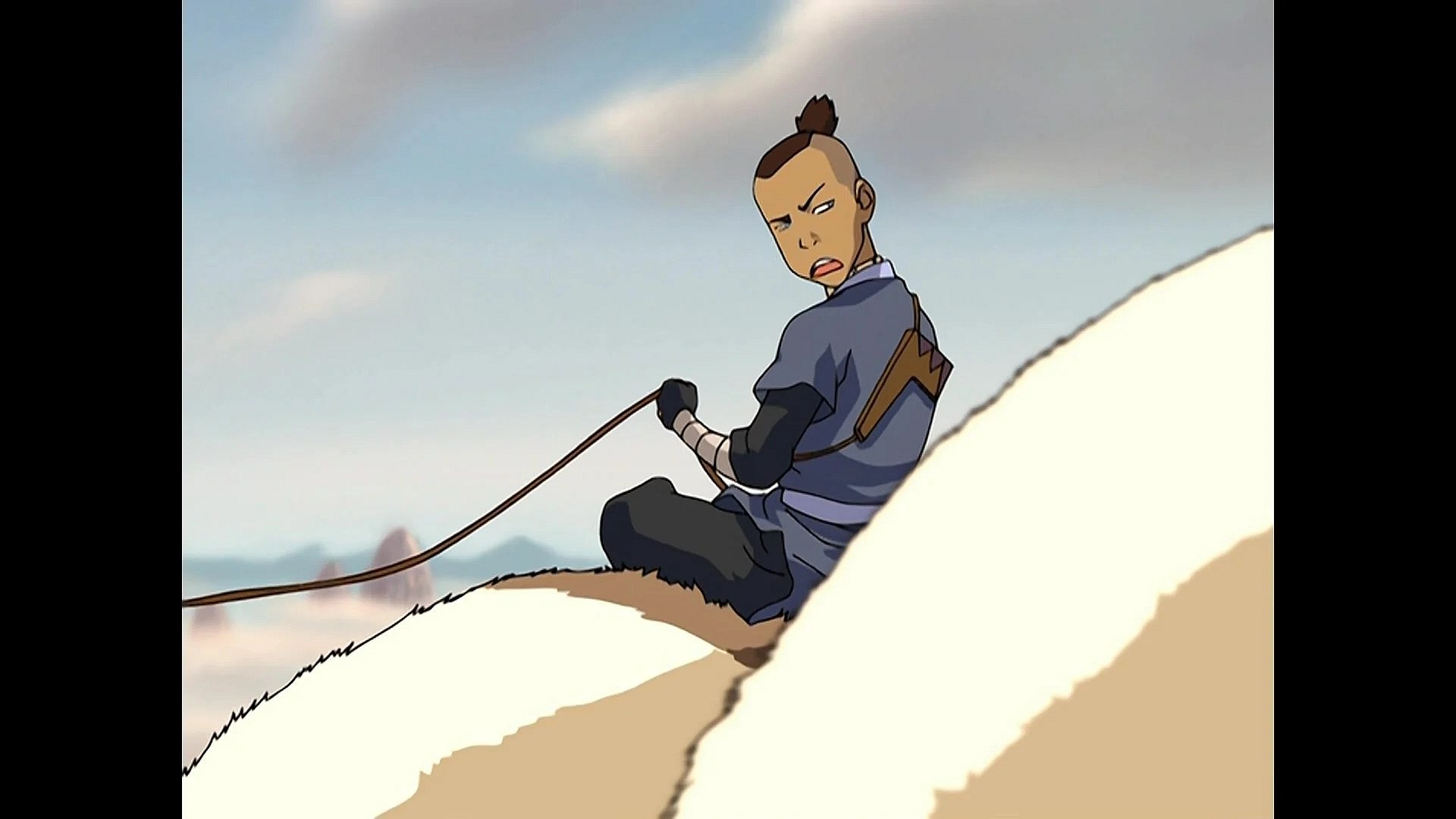
But what separates this scene from most other such moments across entertainment history is the fact that, instead of it being a very-one-sided chastising of Sokka’s masculinity, it also allows an opportunity for Suki to proudly revel in her femininity.
Finding themselves together during a Fire Nation raid on Suki’s village, Sokka takes a moment to apologize to the young warrior for his sexism, telling her “I’m sorry. I treated you like a girl when I should have treated you like a warrior.”
In turn, Suki responds with something that gets downplayed in the modern media in favor of supercharging the idea of ‘strong independent female leads who don’t need anything from their male counterparts’: Moving to give Sokka a kiss on the cheek, the Kyoshi Warrior informs him, “I am a warrior. But I’m a girl too.”
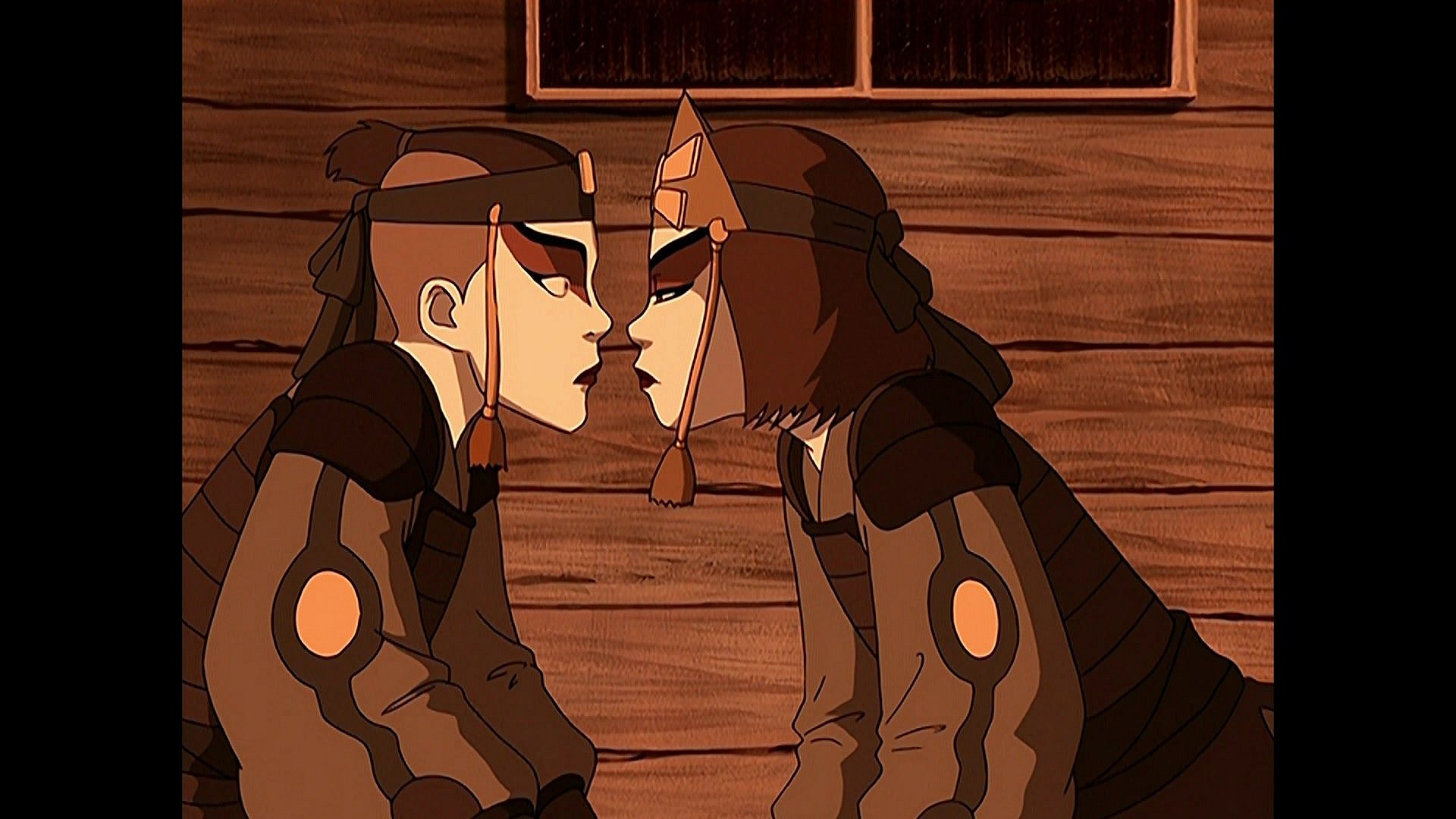
I’d be impressed if the new Netflix series kept this scene intact for the live-action series.
After all, while there is nothing lost by making Sokka a little less comically sexist, eliminating Suki’s vulnerability would present a massively disappointing departure from Avatar: The Last Airbender‘s relatively healthy respect for both its male and female characters.
Ah well. We’ll hope for the best.
